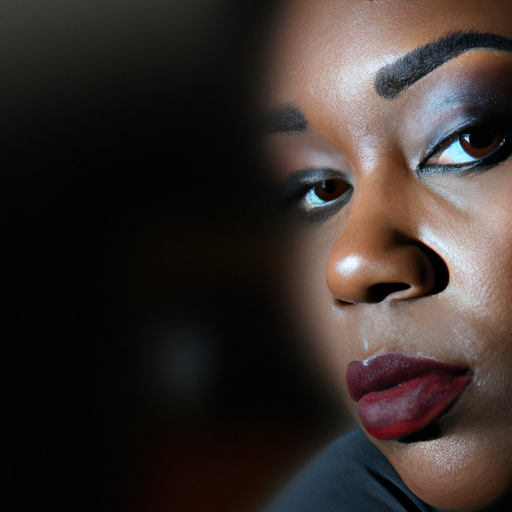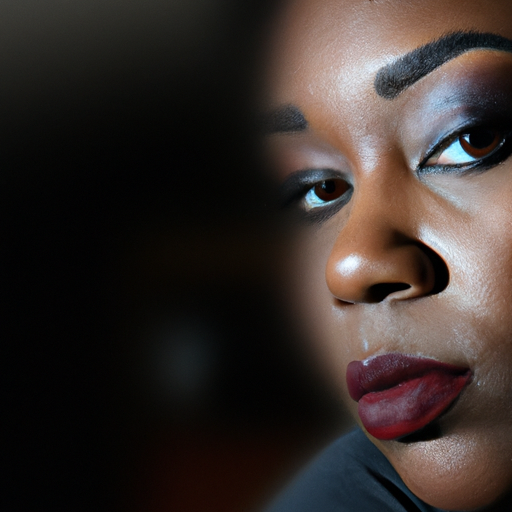As a skincare expert, I have spent years studying and understanding the intricacies of skin health and the impact of various skincare routines. One of the most common questions I encounter is about the real impact of moisturizing on your skin. Is it just a marketing gimmick or does it genuinely contribute to skin health? The answer is unequivocal: moisturizing plays a pivotal role in maintaining skin health and vitality.
To understand the significance of moisturizing, we first need to comprehend the basic structure of our skin. Our skin is composed of three layers: the epidermis (outermost layer), dermis (middle layer), and hypodermis (innermost layer). The epidermis, which is in direct contact with the environment, has a natural barrier known as the stratum corneum. This barrier is primarily responsible for protecting our skin from harmful external elements and preventing excessive water loss from the body.
However, factors like aging, environmental pollutants, harsh weather conditions, and frequent washing can disrupt this natural barrier, leading to dryness, flaking, and even inflammation. This is where moisturizers come into play. They work by providing a protective layer on the skin’s surface, preventing water loss and helping to maintain skin hydration.
The immediate impact of moisturizing is visible in the form of smoother, softer, and more radiant skin. But the benefits of moisturizing go far beyond just cosmetic appeal. Regular moisturizing can help strengthen your skin’s protective barrier, making it more resilient against external aggressors. It can also improve your skin’s ability to heal and repair itself, reducing the likelihood of developing skin issues like eczema, dermatitis, and psoriasis.
Moreover, moisturizing plays a crucial role in anti-aging skincare. As we age, our skin’s natural ability to retain moisture diminishes, leading to dryness, fine lines, and wrinkles. By keeping your skin adequately hydrated with a good moisturizer, you can help slow down the aging process and maintain a youthful appearance for longer.
It’s also worth noting that not all moisturizers are created equal. The impact of moisturizing on your skin largely depends on the type of moisturizer you use. For instance, oil-based moisturizers are more suitable for dry and mature skin, while water-based moisturizers are ideal for oily and acne-prone skin. It’s essential to choose a moisturizer that suits your skin type and addresses your specific skin concerns.
In addition, the ingredients in your moisturizer can significantly influence its effectiveness. Look for ingredients like hyaluronic acid and glycerin, which are powerful humectants that can attract and retain moisture in the skin. Ceramides and fatty acids can help replenish your skin’s lipid barrier, enhancing its resilience and hydration.
In conclusion, moisturizing is not just a superficial skincare step but a fundamental aspect of skin health. It helps maintain skin hydration, strengthens the skin’s protective barrier, supports skin repair, and slows down the aging process. However, to reap the full benefits of moisturizing, it’s crucial to choose the right moisturizer that aligns with your skin type and contains beneficial ingredients. So, the next time you think about skipping your moisturizer, remember that you’re not just denying your skin a dose of hydration but also compromising its overall health and vitality.




